Henslow's Sparrow
Centronyx henslowii
Status: Vulnerable
Henslow's sparrow is an olive colored (dark yellowish-green) short -tailed bird that is about 5 inches in length. This sparrow has a noticeably flat head and has black streaks (markings) on its wings and front area. Henslow’s sparrows are native to North America and migrate to the southeastern parts of the U.S and Canada during the winter and summer seasons.
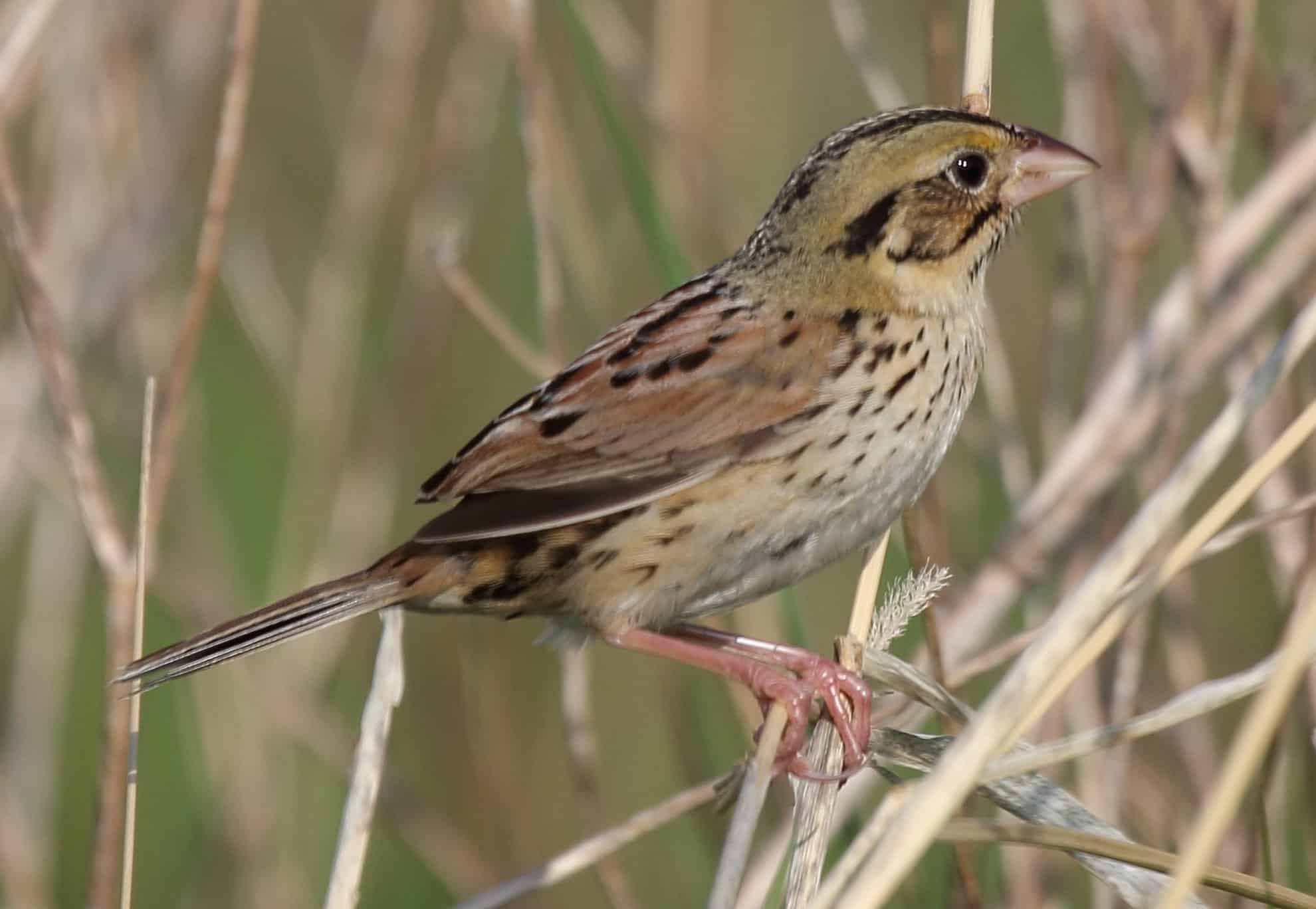
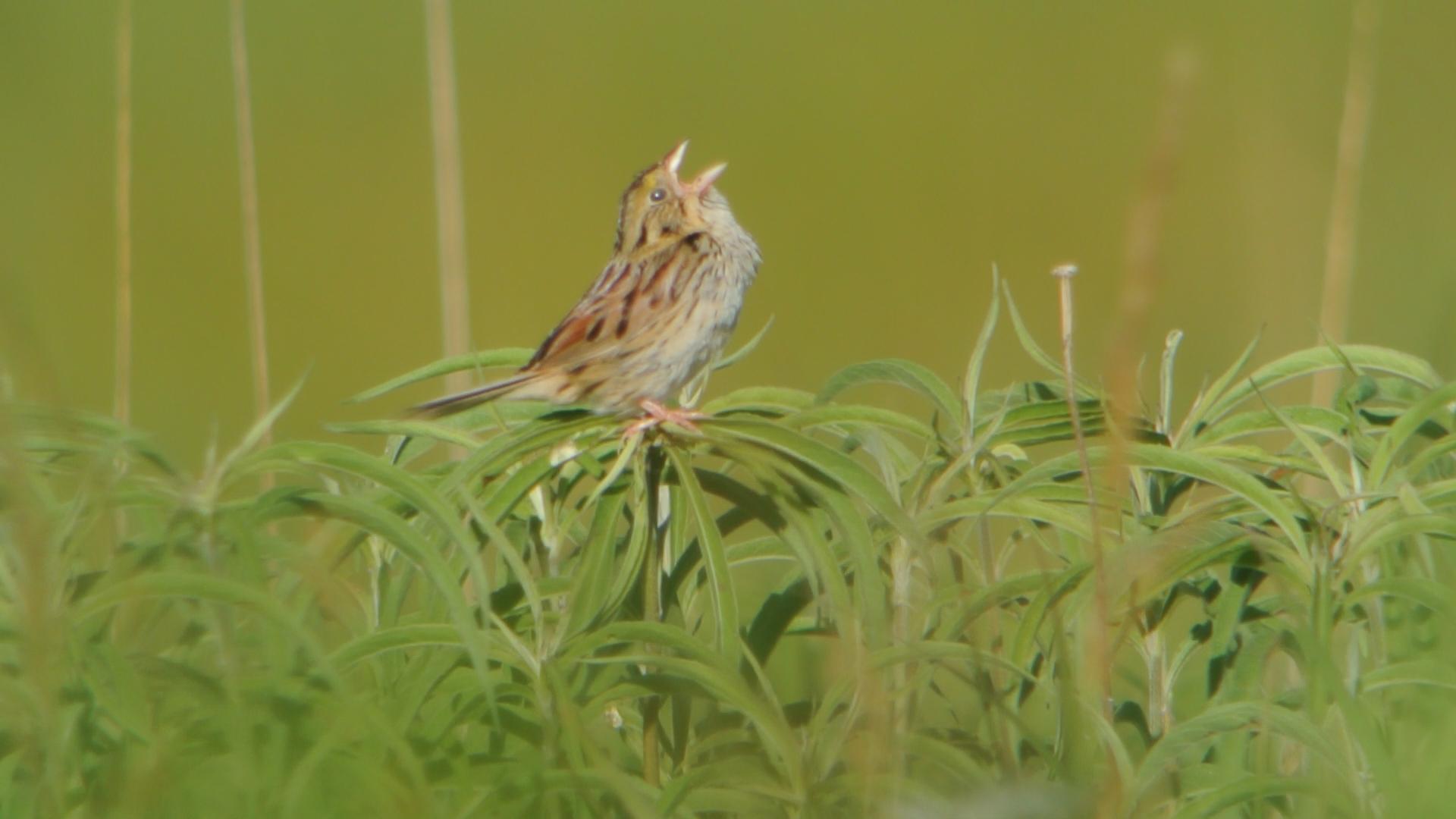
Habitat & Range
Henslow’s sparrows often prefer weedy areas, moist fields, undisturbed pastures, and also tall dense grasslands. Even though they prefer those grassy areas, the areas usually have sparse vegetation so they can see the forest floor.
Food Web & Energy Flow
The main diet of Henslow’s sparrow consists of seeds and insects. Some of the insects they eat include spiders, caterpillars, stink bugs, grasshoppers, and beetles. During the winter seasons, the sparrows rely mostly on seeds and grasses. With this diet, the sparrows are considered secondary consumers and are omnivores.
Relationship to Fire
Henslow’s sparrows consume most of the insects and seeds found on the forest floor. After a prescribed fire happens, seeds and other material may fall to the ground leaving more food for the sparrows to eat. Without these frequent fires, it may become harder for these sparrows to find food, which may cause them to roam further away from their nesting sites. This can expose the sparrows to more predation the longer they take finding food.
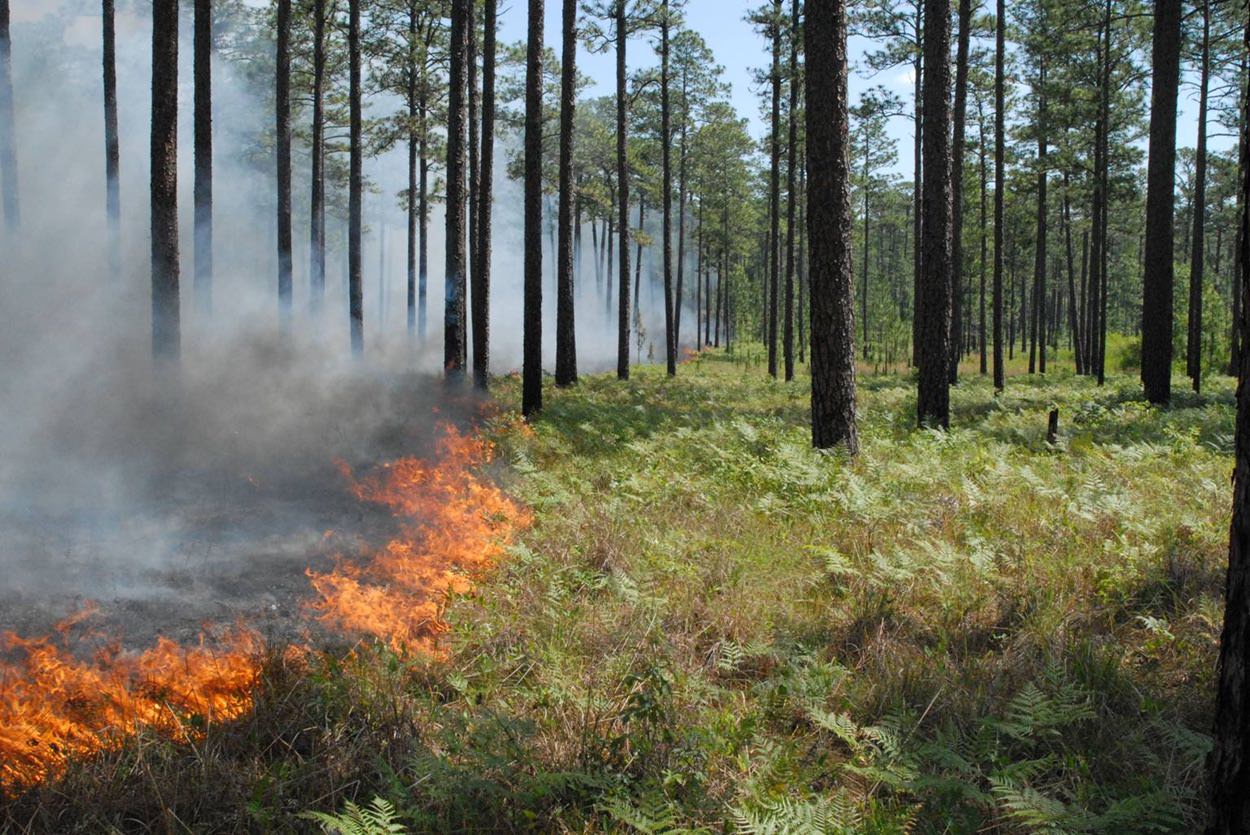
Conservation Status
The Henslow’s sparrows have an overall Vulnerable conservation status due to the negative human impacts. One major threat to the sparrows is habitat destruction for land development, which has shown a decline in their population over the years. Fire suppression has also caused the sparrows to relocate to different regions.
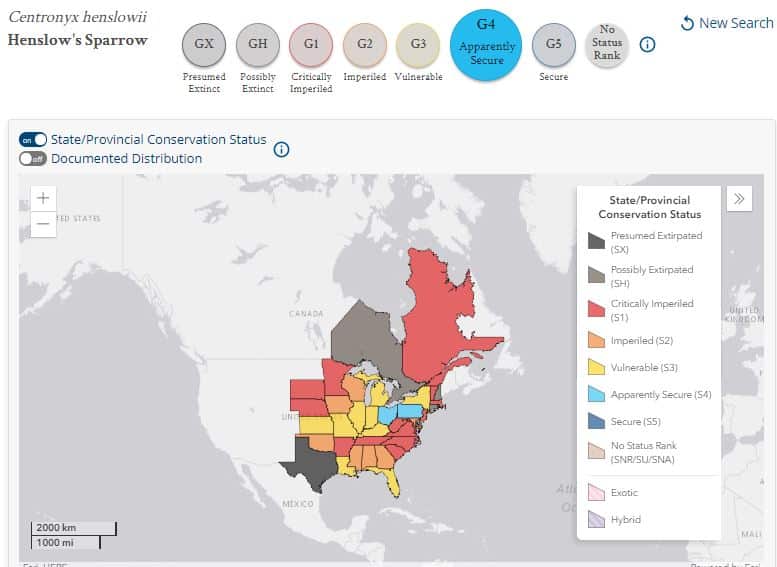
Human Impacts/ Threats
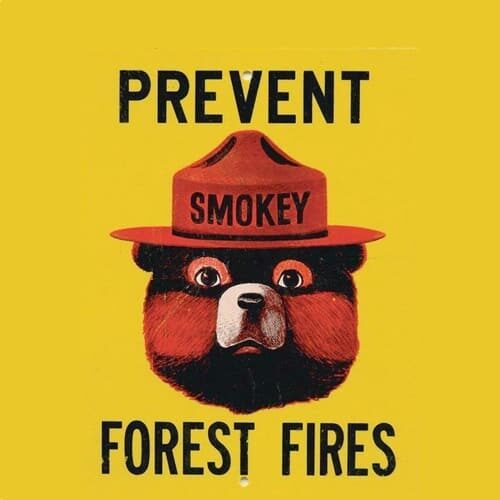
Fire Suppression
Many people think of fires in the forest as bad, so they work hard to prevent or suppress them. But longleaf forests NEED regular fire to support habitat for the species that live there!
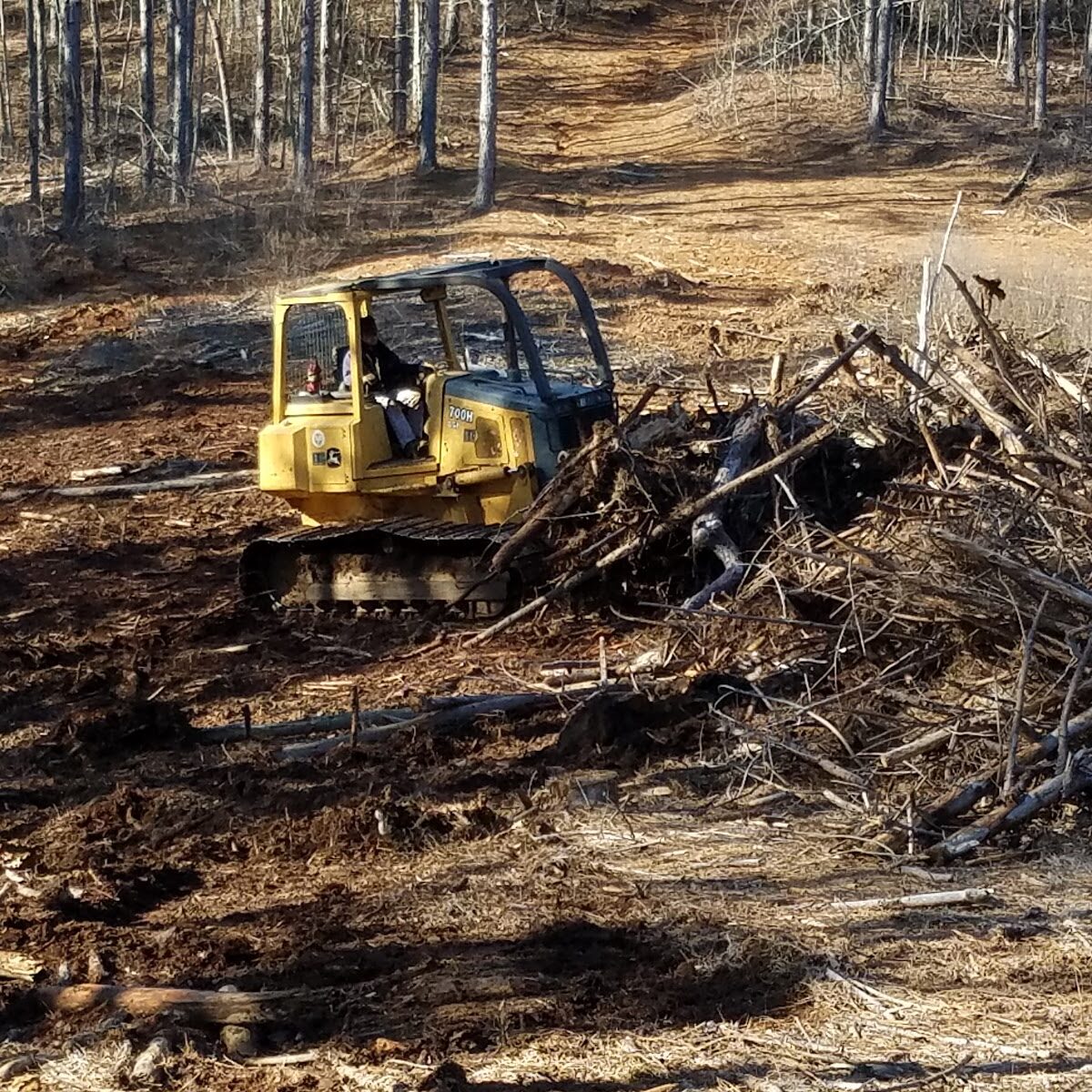
Land Use Conversion
Longleaf forests and the habitat it supports is being cleared or converted to use the land for other uses like houses, roads, agriculture, and even to grow different types of trees to sell.
Resources
Department of Environmental Conservation. Henslow's Sparrow
Minnesota Department of Natural Resources. Rare Species Guide
Wisconsin Department of Natural Resources. Henslow's Sparrow
